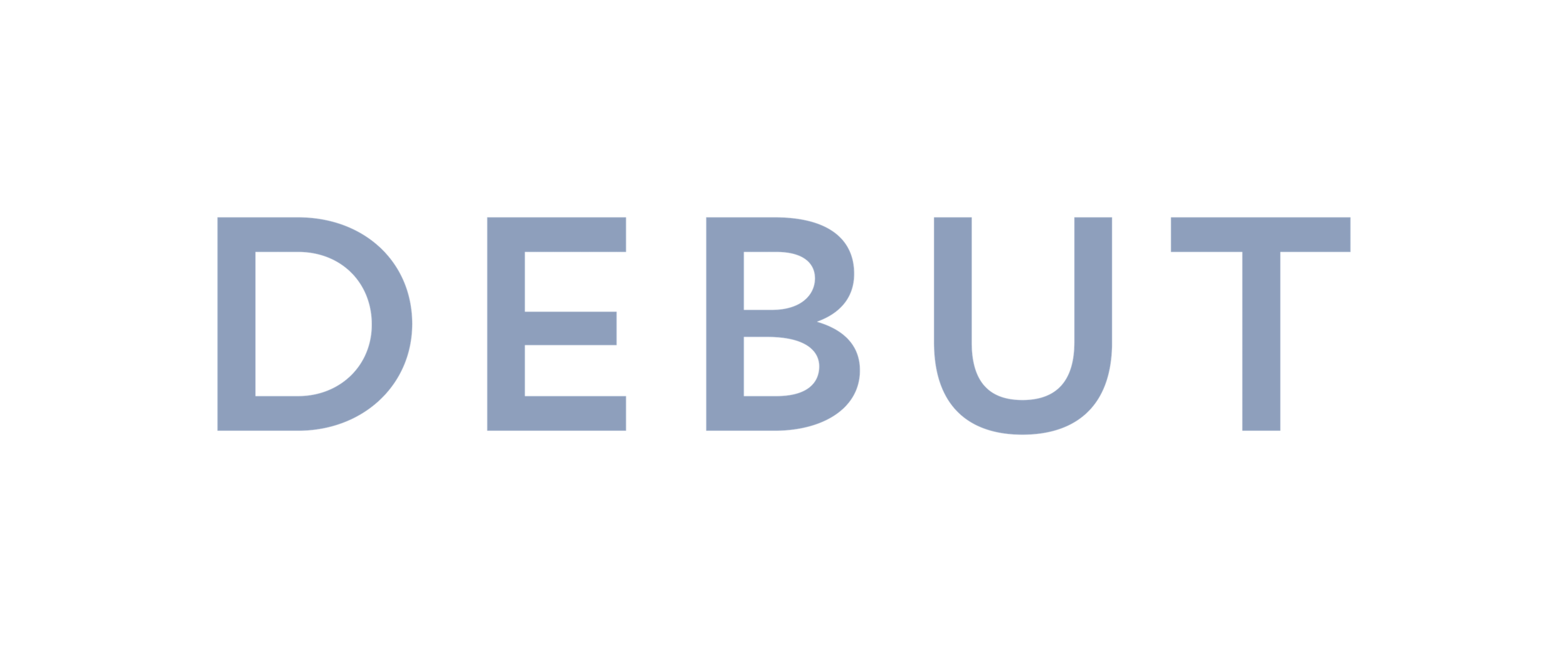Veritable Michael - A Podcast Opera
SHADOW OPERA
The true story of two Victorian poets and lovers, who lived and wrote under the pseudonym, Michael Field. This podcast opera combines the journals, poetry and letters of Katherine Bradley and Edith Cooper with an original score by Tom Floyd, and explores the sensual, fantastical and witty world of Michael Field, and his struggle with Victorian patriarchy.
TEAM
Original Score by Tom Floyd
Sophie Goldrick Katherine Bradley
Lizzie Holmes Edith Cooper
RELEASE DATE
Coming Soon
Sign up to Shadow Opera’s mailing list to be the first to hear!
Who was Michael Field?
London awoke in May of 1884 to the news that an exciting new playwright and poet had launched a promising career with the publication of his debut plays, ‘Fair Rosamund’ and ‘Callirrhoë’. Michael Field was flushed with glowing praise from literary giants of the age including Robert Browning and Oscar Wilde, and seemed destined for great things. But there was much about this promising new author hiding beneath the unsupposing initials, “M. F.”…
Veritable Michael is a musical exploration of the lives of Michael Field, a nom de plume for not one but two female Victorian poets: Edith Cooper and Katherine Bradley. In an age when female authors were largely patronised or ignored, Michael Field gave Edith and Katherine an exciting avatar to navigate through their male-dominated world. This duo were aunt and niece, lovers, artists and soulmates. The pair defied many social conventions to live and work as Michael.
Michael Field are a complicated pair: devoted, idealistic, witty, passionate, barmy, haughty and earnest, yet insulated by their wealth and position. They teetered on the brink of literary success, but their unmasking led instead to public ridicule and consigned them to the footnotes of history.
It’s a queer story, a feminist story, a love story, and a story that deserves to be told.
Why an opera?
Veritable Michael is not a detailed biography of these women’s lives, but instead evokes their beautiful and tragic world, exploring the ways they played with identity, creativity and intimacy.
The two women who created and lived much of their lives as Michael Field had grand visions for their work and for their lives. As the literary world moved towards modernism, this pair of poets and lovers remained loyal to the past, drawing inspiration from the classical world, and modelling their form on the Elizabethan playwrights. For them, the past held perennial treasures which they were destined to bring out from the shadows of time and into the light. As early fame quickly faded, their commitment to this task was unshakeable. Katherine and Edith found they were no longer performing for an audience, they were performing for one another.
The grandeur and colour of their artistic vision, and the blurred line between their work and life as artists lends their story to operatic treatment. Their vast collection of journals ‘Work and Days’, which they requested to be published, gives a fascinating insight into the life they shared as Michael Field. Extracts from these, along with selected poems, form the libretto for our piece; given their prolific output, it seems only fitting to tell their story using their own words.
Why a podcast?
Our long-term ambition is to move towards a staged production of Veritable Michael (when coronavirus guidelines allow), but even before the world had heard the term 'COVID-19', we had planned the initial development of this piece to take place in a radio play/opera format. We see the women’s journals — always intended for the public eye — as a Victorian version of vlogging, and sharing their lives directly with an individual offers a particular intimacy you won't find in the theatre.
As we develop this piece, we will be capturing and sharing with the audience some of the making process and research behind it. To give some historical context as well as contemporary responses to Micheal Field’s work and life, we are interviewing a range of individuals and groups from literary academics to feminist book groups and queer culture societies. We will use audio clips from these conversations in the podcast episodes, offering the listener different lenses through which to see Michael’s life, and provoking them to see it through their own.


